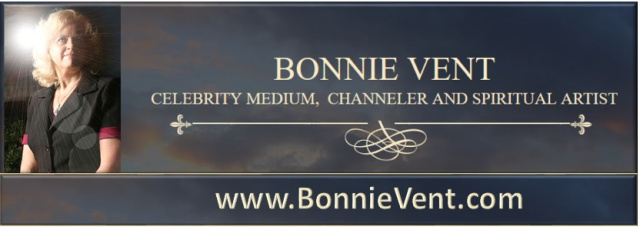
Randy Phillips, promoter of Michael Jackson's "This Is It" concert tour, told the court that Jackson "put his hands on my shoulders as we were walking out and he said to me, 'You got me here, now I’m ready. I can take it from here.' And that’s the last I saw him." (Paul Buck / Pool photo / October 25, 2011)
|
But he is likely to be remembered best as Michael Jackson's last boss, and it was that role that took Phillips to the witness stand Tuesday at the trial of the pop icon's doctor.
For two hours, Phillips walked jurors through "This Is It," Jackson's planned comeback concert series, from its genesis in a Bel-Air hotel suite to a final rehearsal at Staples Center that left a normally cynical music executive with goose bumps and his star performer with a great confidence.
"He put his hands on my shoulders as we were walking out and he said to me, 'You got me here, now I'm ready. I can take it from here.' And that's the last I saw him," Phillips recalled in a packed courtroom that included Jackson's sister Janet.
FULL COVERAGE: The trial of Dr. Conrad Murray
Phillips was called to the stand by lawyers for Dr. Conrad Murray, who had hoped his account would bolster their claim that an anxiety-ridden Jackson gave himself a lethal dose of propofol in a desperate attempt to sleep before critical rehearsals.
But Superior Court Judge Michael Pastor prohibited many of the areas the defense planned to probe, and the answers Phillips gave often were at odds with their portrait of Jackson as fearful and the production as deeply troubled.
"No one on our end was ever contemplating pulling the plug," insisted Phillips, chief executive of AEG Live.
The "This Is It" shows had the potential to make Jackson, in debt $400 million by some estimates, a very rich man, but their failure would have sunk the singer to new levels of insolvency.
AEG was paying for everything in his life — from his rented Holmby Hills mansion to the personal chef who prepared him organic juices — as well as the huge expense of mounting a high-tech show that included multiple sets, Jackson catapulting over the crowd and 3-D elements. If he failed to perform, Jackson would have to reimburse AEG more than $30 million, according to the defense.
The judge ruled, however, that the 42-page contract would distract and confuse jurors and barred the defense from questioning Phillips, who signed the document along with Jackson, about its details. But after the executive repeatedly referred to the contractual obligations on both sides, defense attorney Ed Chernoff was permitted to ask if Jackson "was ultimately responsible" for the production costs.
Yes, Phillips replied.
Jackson's mother, Katherine, is suing AEG for wrongful death, and a lawyer for AEG accompanied Phillips to court and sat in the spectator's gallery as he testified.
Phillips said "This Is It" grew out of a 2008 phone call from Philip Anschutz, the billionaire head of AEG Live's parent company. Anschutz asked him to meet with Century City financier Tom Barrack, whose company had recently purchased a note on Jackson's Neverland ranch.
Jackson said achieving stability for his family was the motivating factor for performing again, Phillips testified.
"The primary reason was that he wanted to finally settle down and get a really, really good home for the kids and his family so they weren't, in his words, living like vagabonds," Phillips said.
The children were present in the Hotel Bel-Air suite for the Oct. 2008 meeting — he recalled that they wore Halloween costumes — and Phillips said the discussion about securing them a home "got emotional" and both men teared up.
The defense has suggested that Jackson was forced by Phillips and AEG into more shows than the 10 originally scheduled, but the executive denied that. He said that 31 shows were always planned and that Jackson agreed to 19 additional concerts "in 20 minutes."
His only conditions were that Phillips get the Guinness Book of World Records to document his 50-show feat and rent him a sprawling country home outside London for his children.
"He was very specific. He wanted 16-plus acres, running streams, horses," Phillips said. "He wanted to give them a pastoral country vibe."
Jackson was also adamant about bringing Murray to London.
Phillips testified that Murray assured him In June 2009 that the singer was in perfect health.
Two weeks later, things had taken a different turn. The concert director, choreographer Kenny Ortega, had grown frustrated with Jackson's repeated absence from rehearsals and wondered in an e-mail to Phillips if it might be time they "pulled the plug."
At a subsequent meeting five days before Jackson's death, Murray "guaranteed us that Michael would get into it, would connect," Phillips recalled.
Phillips denied that the shows were ever in doubt but acknowledged that Jackson's problems "focusing" might have delayed the concerts.
"At some point it could be postponed to the point that production would not be possible?" Chernoff asked.
"I can't speculate on that," Phillips replied.
harriet.ryan@latimes.com
victoria.kim@latimes.com


